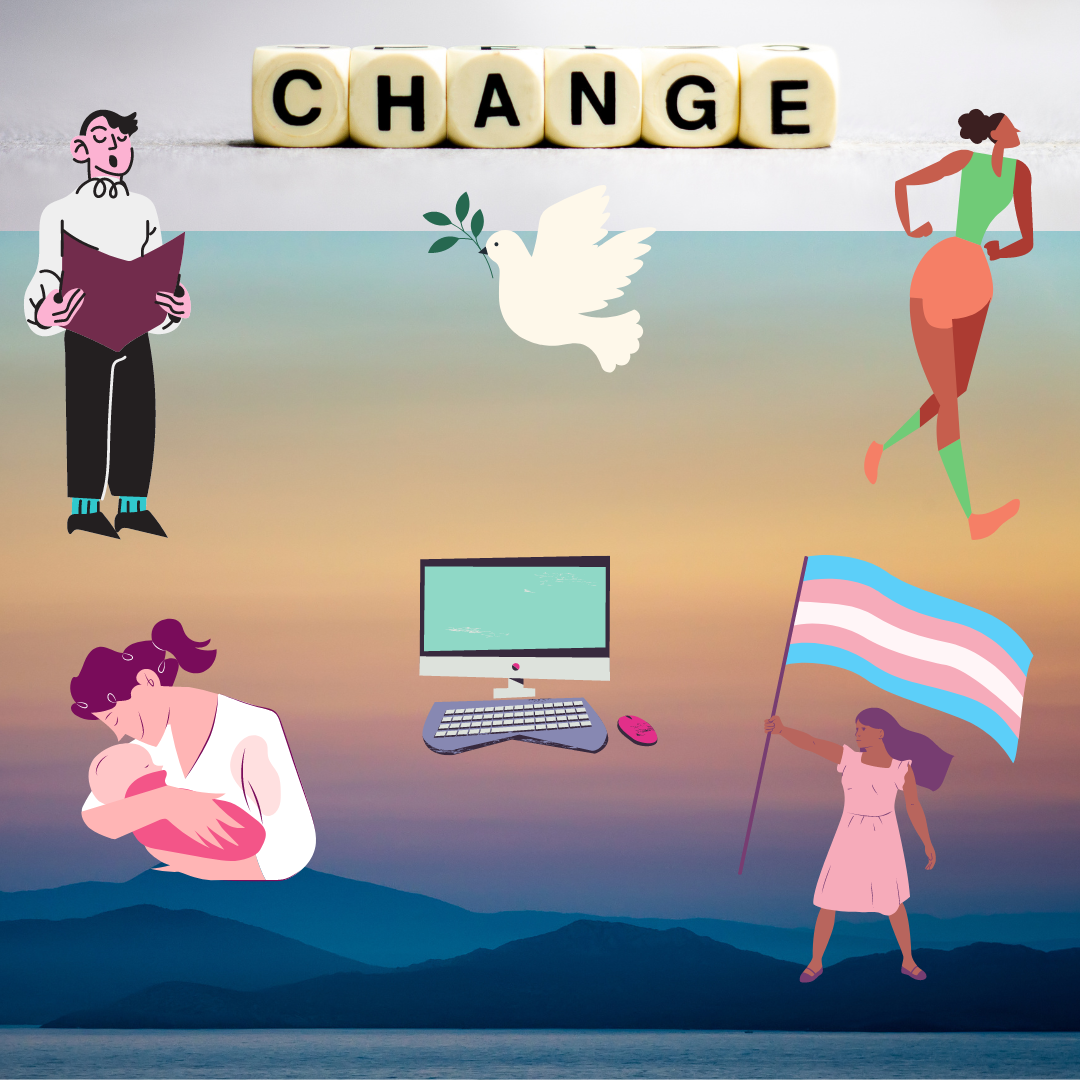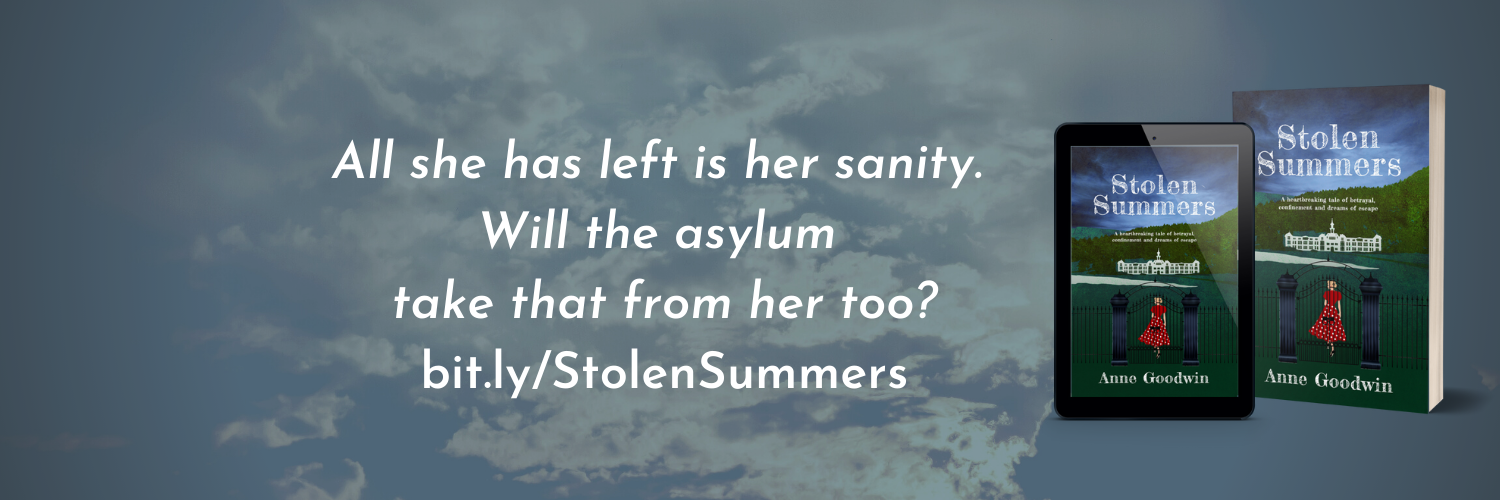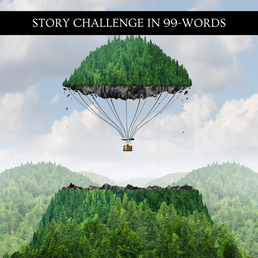| January marked ten years since I started this blog and last October I published my 1000th post. Whether or not that’s a good thing, I’m minded to celebrate. How about a retrospective? I achieved my dream of becoming a novelist almost 8 years ago, but I want this post to go beyond my bookshelves. Yet, when I look at the world outside, with the climate crisis and increasing inequalities, the view is bleak. |
Trans visibility
When I began writing my debut novel trans identities were something of a mystery to many of us. Nowadays, although there’s still fear and controversy in some quarters, in others – especially among the young – it’s almost mainstream. This has occurred in tandem with the normalisation of diverse sexualities, so that – at least in the West – people can be more open about who they are. Sugar and Snails contrasts attitudes in the 1970s with the more progressive 2004, yet we’ve come a long way even since then. (But I’m not planning an update – people are telling their own stories now.)
Beyond my writing, my main contribution to social change was involvement in the running down, and eventual closure, of the long-stay psychiatric hospitals. While society hasn’t completely solved the problem of how we protect the mentally and emotionally vulnerable without restricting their freedoms, it was obvious asylum wasn’t the answer right from the start. I revisited this period of my life for my third novel, Matilda Windsor Is Coming Home, about a brother and sister separated for fifty years while, unknown to him, she has been languishing in a psychiatric hospital. You’ll find my reflections on fictionalising that period here:
One of the saddest parts of my work in mental health was meeting elderly women who had been incarcerated for decades after having an ‘illegitimate’ child. I couldn’t be certain whether institutionalisation was the main cause of their disturbance, but it certainly deprived them of their maternal role and much else that many adults take for granted. I explored that injustice in my novella Stolen Summers, about a young woman admitted to a psychiatric hospital in 1939 and is still there twenty-five years later.
Fun running
Never having been good at sports, I’ve benefited from the running revolution, where you don’t have to be particularly talented to take part. It’s forty years since I ran my first half marathon and, although I no longer run (for the sake of my knees), I still have the T-shirt, although I must have thrown my medals away. Running (and walking) is great for releasing tension as Liesel finds in my second novel, Underneath.
In a similar way to how running is no longer the province of specialists, I’m grateful for the existence of all-comers choirs. Communal singing, especially under the guidance of an inspiring conductor, is a boost for mental health. Although at the moment I’m restricted to making music online, I still enjoy taking part. But it was scary to join a choir initially, having been one of those who was discouraged from singing at school. I found my choral voice around the same time that I found my writing voice, which partly inspired my short story “The Invention of Harmony” in my identity- themed collection, Becoming Someone . Here I am reading the opening:
The virtual choir of which I’m a member has made some marvellous recordings, thanks to our excellent conductor and hard-working sound engineers. All due to the Internet, yet it’s not so long since computer meant a person entering data rather than the laptop on which I’m writing this post. Did any of us – apart from those who already identified as geeks – imagine the possibilities of home computers when we first encountered mainframes that needed specialised language, punch cards or floppy disks? Henry, Matilda’s brother in Matilda Windsor Is Coming Home, couldn’t and I had fun with his scenes set in the late 1980s when he resists the onslaught of computers at work.
These are just a few of the positive changes I’ve witnessed in my lifetime. Please add yours to the comments.
| So now to my response to the February 20, 2023, prompt: In 99 words (no more, no less), write a story about what it means to be a literary artist. You can pull from your own experience, re-imagine the idea, or embody something else in a character. Be playful, go deep, and let your story flow. Go where the prompt leads! |
We all bring baggage on our journeys. Let’s examine yours.
Choose that channel and they’ll repack your things in neat compartments and throw away whatever they cannot name. If you’re hurting, they’ll prescribe a sedative. If you’re angry, they’ll offer you cake.
Choose this and we’ll treasure your soiled underwear, admire the garments life has pulled out of shape. We’ll make a mosaic from your broken bits, macramé from your tangled threads. We’ll wash the shame from your buried secrets, build fairy-tale castles from the dirt. You’ll leave with a suitcase of stories: to amuse; to surprise; to console.



























 RSS Feed
RSS Feed





















